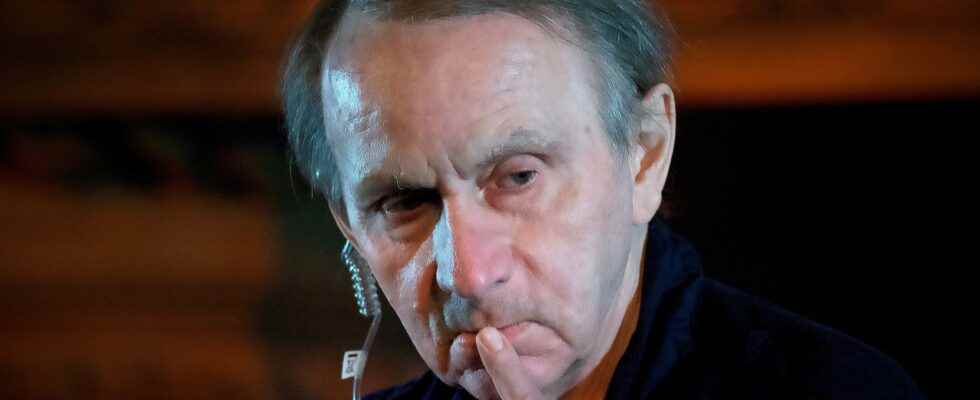The news recently put the great French author Michel Houellebecq back in the spotlight. Not for the Nobel Prize or the publication of a new novel, but for his leading role in a pornographic film which he now wants banned. Was he looking for a form of publicity by committing to a project of this kind? With such a character, difficult to know. The writer is quite impenetrable and, for this reason in particular, arouses the fantasy. He is even often endowed with a form of visionary lucidity which would make him see the things that are happening and allow him to draw, in his novels, the lines of the future. Did he not, for example, publish Platform, a text highlighting Islamic terrorism just before the attacks of September 11, 2001? And Submission at the time of the massacre Charlie Hebdo ?
To begin to reason on this subject, let us remember that Houellebecq is far from being the only one in the history of literature to whom a divinatory power has been attributed. From Jules Verne to HG Wells via Philip K. Dick, the supposed correspondence between certain past novels and the present exercises a kind of fascination. This, however, proceeds from an error of reasoning: by being obsessed with the few paragraphs which, in such and such a novel, are disturbing in anticipation, we forget the countless pages which have not been realized at all. As Voltaire wrote, “an astrologer cannot have the privilege of always being wrong”. In other words, by dint of considering possible worlds by extrapolating the characteristics of the present, it would be surprisingly bad luck not to fall just once in a while. By publicly exhibiting the good fortune of these authors without saying anything about their descriptive setbacks, the fascinated commentators of these works instill in us the false idea that their stories are prophetic.
There’s more: many studies show that we tend to overestimate the accuracy of past predictions. We transform approximate, even faulty paintings into extraordinary coincidences. This is exactly what happens in the case of the French writer. In his masterpiece elementary particles, Houellebecq literally explores the dissociation of reproduction and pleasure in the context of a capitalism of the flesh, as he also does in The possibility of an island. However, there is nothing there that can accredit the idea of prophecy (we remember that in epilogue The particles describe the advent of a new species of human beings in 2029). Submission is a very powerful novel about the forces that can lead us to consent, but by no means a politically visionary fiction (it’s even quite ridiculous in reality if one analyzes it as a description of the possible). In the same way, Serotonin expresses a melancholy look at a world that is disappearing and manifests its uneasiness in particular through a farmers’ revolt: it takes a lot of imagination to see in it the prophecy of a social crisis such as it was expressed in the movement of yellow vests.
An annoying habit of saying a little nonsense
When viewed with a concern for accuracy, Michel Houellebecq’s novels show remarkable acumen on certain topical issues, but not much more. All of this wouldn’t matter if portraying certain authors as contemporary shamans didn’t give them a halo of credibility they don’t always deserve. Thus, the talented Houellebecq has taken the annoying habit, in recent years, of telling a little nonsense without anyone knowing what, in him, prevails between analytical sincerity and the rabble pleasure of provocation. Not the least of that nonsense being his endorsement of the great replacement theory. He recently spoke freely with Michel Onfray, and, this is my own opinion, I had the feeling that they were unwittingly illustrating the Latin maxim asinus asinum fricat (“donkey rubs donkey”).
Houellebecq is a great writer. He is probably so first because he has obsessions. However, the very ones who make up his genius take away the possibility of being a diviner. It is a difficult conclusion to which we must nevertheless reach: novels are often more intelligent than their authors.
